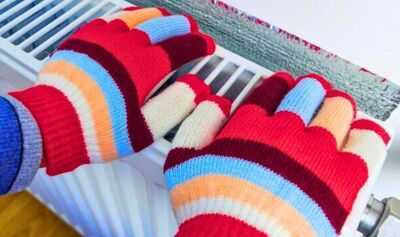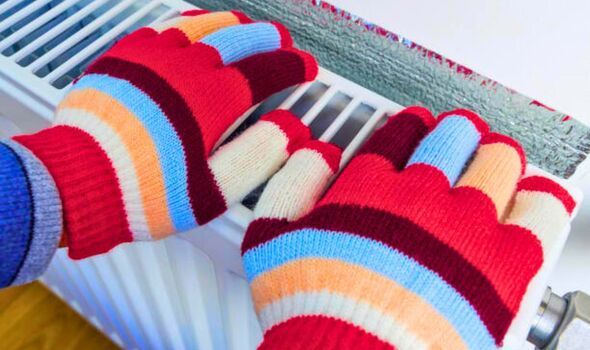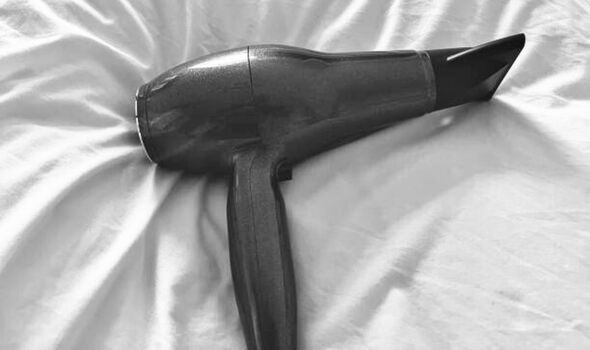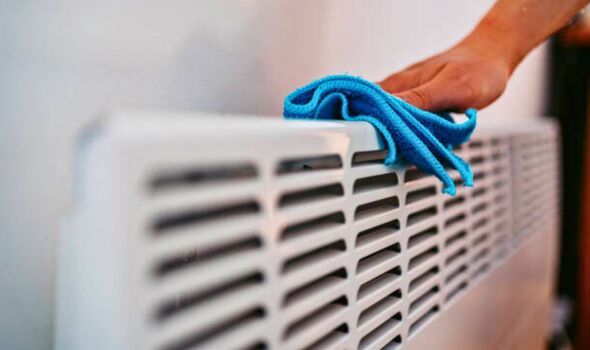

Nobody wants a freezing house in the middle of winter, and as the weather is expected to be windier this week, it is essential to make sure your radiator is working properly.
If your radiator is taking ages to up or is not as hot as it should be, you may be relieved to hear you do not have to call the plumber just yet. It might just need to be .
Dirt buildup can block heat, so it will take more energy to warm a room. This can raise and put more strain on the radiator.
, a cleaning expert also known as the Queen of Clean, has shared that the best way to clean radiators is to "blast away trapped dust and debris" using one simple object in the home.
In a Facebook , Lynsey wrote: "Use your hair dryer to blow out trapped dust from those hard-to-reach spots."
 How to use a hair dryer to clean a radiator
How to use a hair dryer to clean a radiator
Radiators can have dust, pet hair and even cobwebs on their fins, and using a hair dryer can reach crevices inside the radiator that might be hard to clean with a vacuum or cloth.
To begin with, make sure your radiator is completely turned off. Then, place a towel down and make sure you have a vacuum nearby to collect the dust as it blows out the radiator.
Then, use your hair dryer on cool air and a high airflow setting. Do not use a hot air setting to avoid damaging the radiator's components.
Then, simply point the hair dryer at the fins, panels or vents in the radiator. Repeat until all the dirt and debris has been removed.
You may need to use a soft brush to clean out any dust that got onto the outside of the radiator, and your radiator should now be dust-free.
 Alternatives to using a hair dryer
Alternatives to using a hair dryer
Lynsey has also suggested using steam cleaner if you own one as "a quick burst of steam can help dislodge hidden dust."
If this does not work, consider buying a radiator-cleaning brush to remove trapped dirt. They are "perfect for getting into the nooks and crannies."
It is incredibly important to ensure the inside of your radiators are clean, and taking five minutes to dislodge dust should hopefully keep your home cosy during the frosty weather.
Lysney said: "Clean radiators [mean] more heat and energy efficiency!"